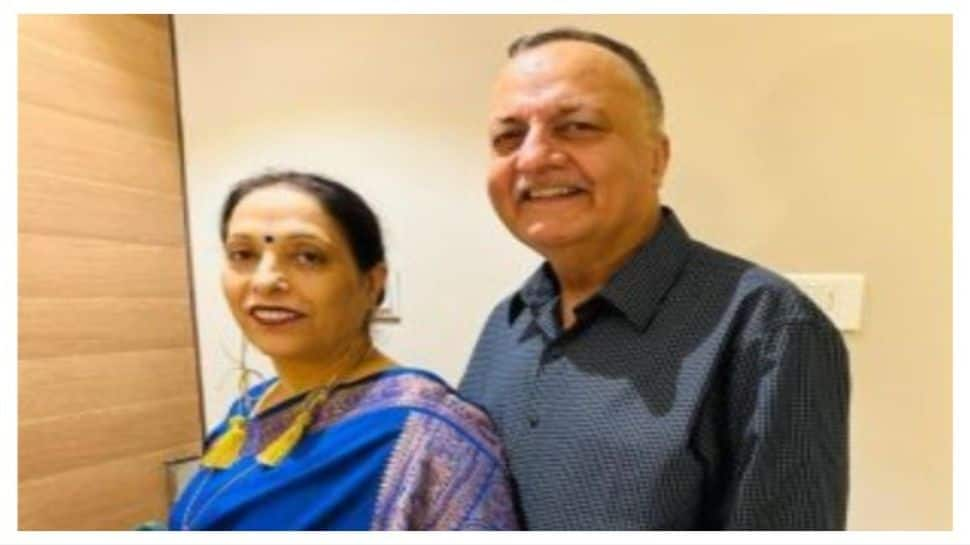Pune: Ravinder Sus had a busy desk at the State Bank of India branch in Jammu. He was in his early forties and a cricketer and table tennis player. He felt fit. He had no family history of diabetes, but he had signs such as dizzy spells, blurred vision and too many trips to the washroom. A diagnostic examination revealed high blood sugar. He cut sugar from tea and drank bitter gourd juice. He added fenugreek to his food and kept telling himself that he had it under control.
The years rolled by. Work got heavier. Hours got longer. His weight climbed to 85 kilograms. Exercise faded. He smoked one cigarette after another. He skipped follow-up tests. He ignored doctor visits. The blood sugar story stayed in the background.
Almost two decades later, it caught up.
It was 2018. He was 62. At a wedding in Pune, he felt a rush of sweat. His heartbeat raced. He collapsed. Tests showed both kidneys had failed. His creatinine count had shot far beyond safe levels; and as a result, he began undergoing dialysis. Days blurred in hospital corridors. Energy drained and appetite gone.
His wife, Anjali, stepped forward as a kidney donor. Their blood groups did not match. Surgeons went ahead with a complex mismatch transplant. Her rib had to be cut to take out the kidney. Recovery was slow. He had 40 stitches. Weeks of isolation followed.
Four insulin injections a day kept his sugar under control. Doctors told him that many transplant patients develop diabetes after surgery. He was now in that group.
Experts say diabetes is India’s silent destroyer. The Lancet Global Health study in 2019 found that two in five people with the disease did not know they had it.
In India, one in five people aged 45 or older live with diabetes. The risks include heart attacks, strokes, kidney failure, vision loss and nerve damage. Smoking worsens the danger, raising the chances of developing Type 2 diabetes by up to 40 percent.
Sus took his second chance seriously. He joined awareness events with Blue Circle Diabetes Foundation. He entered the National Transplant Games and won a silver medal in table tennis. He spoke to groups about what happens when diabetes is ignored.
His messages were: undergo tests regularly, watch your diet, move every day and take your medicines as the price of neglect is far greater than the discipline needed to prevent it.

